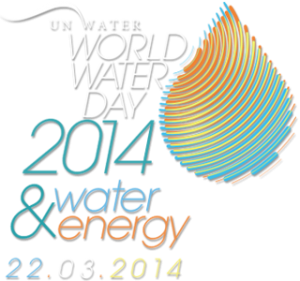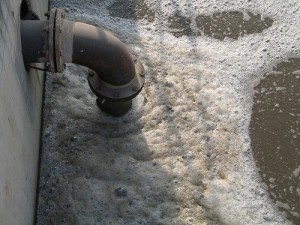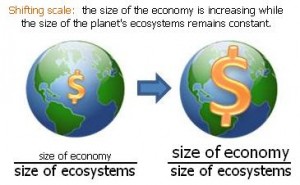World Water Day: Steady as She Goes
Mar 20th, 2014 | By admin | Category: Economics and GDPBy Suzanne York, www.howmany.org
World Water Day, recognized on March 22nd, should mark not only appreciation of this most precious of resources, but also emphasize how global society can better conserve it during a time of erratic climate changes.
But let’s take this a step further and talk about how the current economic system of continuous growth in a world of finite resources – especially water – can’t be sustained forever without altering how we define growth.
Brent Blackwelder, former head of Friends of the Earth U.S., and now with Foundation Earth, recently penned a thought-provoking article on water pollution, which underscores the importance of rethinking our economic system and calls for a steady state economy.
A steady state economy is an economy with stable or mildly fluctuating size and strives for stable or mildly fluctuating levels in population and consumption of energy and materials. It is just one of many proposals coming to the forefront for reconfiguring economies that incorporates the well-being of people and the protection of the environment and natural resources.
According to Blackwelder, “The key to preventing and cleaning up water pollution is to shift the economy from the pursuit of unending growth to the pursuit of stability.” Regarding water pollution in particular, he stated there are three reasons why water pollution would decline in a steady state economy:
1. Changing the macroeconomic goal away from growth and toward maintenance of life-support systems would change the way businesses and other institutions behave. The goal of a true-cost economy is sustainable and equitable well-being, rather than continuous growth. Actors in such an economy would care more about the medium and long-term future than quarterly returns. For example, in a true-cost economy, chemical companies would engage in green chemistry, and utilities would produce renewable energy. The costs of using fossil fuels and other toxic substances would simply be too high to pay.
2. Companies would be required to have eco-auditors just as they are now required to have financial auditors. Such eco-auditors would assess whether a company was externalizing costs and whether the company’s production was harming life-support systems. Eco-auditors could also show businesses how to avoid pollution. Companies would disclose their ecological impacts in an annual report just as they do with financial audits.
3. There would be consequences for repeat polluters. For example, in the decade prior to its gigantic oil spill in the Gulf of Mexico in 2010, BP had been responsible for a refinery fire in Texas with significant loss of life and two oil spills in the Arctic Ocean from the Trans-Alaskan Pipeline. Why not three strikes and you’re out? Why not deny BP the right to do business in the U.S.? Instead, the Obama administration has done the opposite by giving BP the go-ahead to drill again in the Gulf of Mexico!
As the world continues down the path of business as usual and reliance on dirty fossil fuels (especially fracking), protecting water sources on a planet of 7 billion people and growing is becoming imperative. The time to rethink the global economic system and protect valuable resources like water is now, not only for those of us here today (and for nature), but for future generations.
Suzanne York is a senior writer with the Institute for Population Studies.



